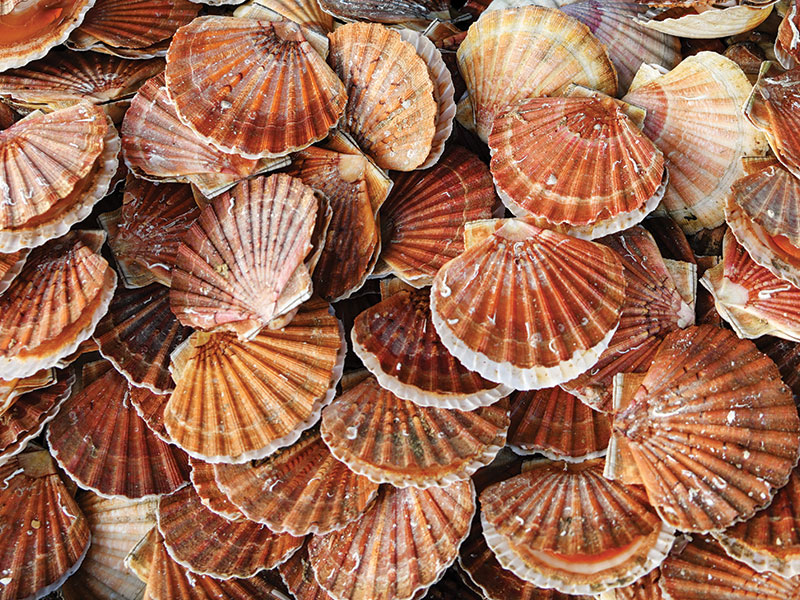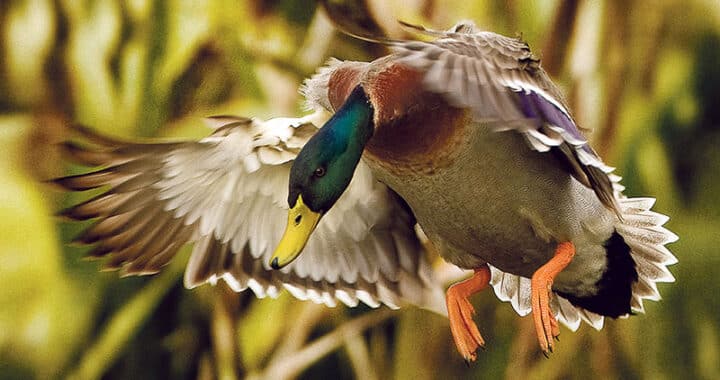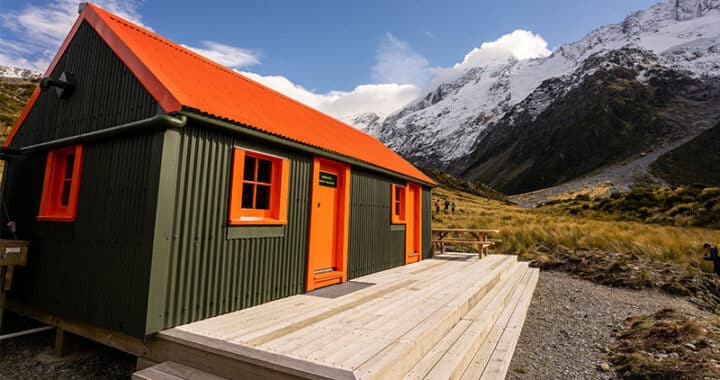Depleted upper North Island scallop fisheries to close
3 min read
The ban comes into effect on Friday, 1 April 2022. Photo: Getty Images
Depleted scallop fisheries in Northland and most of the Coromandel will be closed to allow them to recover.
The closure was announced as part of the twice-yearly review of a selection of fish stocks to support their sustainability.
Oceans and fisheries minister David Parker said the results of the 2021 biomass survey are alarming, confirming iwi and community concerns that scallop beds in the Northland, Haurki Gulf, and Coromandel are in a “bad shape”.
“Removing fishing pressure is an important and immediate measure that can contribute to their ongoing sustainability. It is the responsible action to take,” the minister said.
A number of factors, including sedimentation, dredging, and the use of GPS technology to locate and exploit scallop beds contribute to the continued serious decline in scallop numbers.
“Strong measures are needed to restore these important shared fisheries. My decisions, which come into effect on 1 April, will fully close recreational and commercial scallop fishing in the Northland fishery, and the Hauraki Gulf and Coromandel fishery, apart from two defined areas around Hauturu/Little Barrier Island and near the Colville Channel that will provide for a small level of utilisation.”
These fisheries have been a good source of food, recreation, and economic opportunity.
“In order for that to continue the scallop beds need time to recover. I’ve instructed my officials to continue to track the progress of these fisheries with a view to future decision-making,” the minister said.
The closures follow a 50% cut to the total allowable commercial catch (TACC) in the Coromandel scallop fishery in 2016. The TACC for the Northland scallop fishery was reduced by 75% in 2020.
In the six-monthly reviews, stocks are prioritised for review focussing on the species that are important to iwi, commercial and recreational fishers, and local communities.
“Where the information suggests a fish stock can sustainably support more harvesting, catch limits can be increased so everyone can benefit from the fisheries. On the other hand, if sustainability is at risk catch limits are reduced to help the stock recover,” the minister said.
Seven other fish stocks, including rock lobster, redbait, and southern blue whiting, in this review will have catch limits and settings updated.
“In addition, hāpuku and bass stocks off the west coast and top of the South Island and Taranaki will have catch limits and allowances set for the first time, and I have agreed to change recreational controls for these stocks.”
Forest & Bird: Scallop fisheries closure falls short of ecosystem protection
Forest & Bird called the closure a “significant move” but said it fell short of protecting the ecosystem.
Two areas in the Gulf, off the coast of Te Hauturu o Toi Little Barrier Island and in the Colville Channel, are not included in the closures, the conservation group said.
“We strongly support the closure of the scallop fishery in Northland but are deeply disappointed that areas of the fishery in the Hauraki Gulf remain open to ransacking by commercial fishers,” said Kevin Hague, chief executive of Forest & Bird.
“These areas open to commercial dredging are the only remaining healthy scallop beds in the region and are important for repopulating devastated scallop beds across the Gulf.”
The group added that the areas also lie within a tikanga rāhui placed by Ngāti Manuhiri on Waitangi Day this year. The iwi currently has a proposal for a temporary closure (rāhui) under section 186A of the Fisheries Act sitting with the Minister.
“The decision to allow dredging for scallops to continue in the area of Ngāti Manuhiri’s tikanga rāhui shows disregard for iwi leadership and efforts to protect their rohe moana. It undermines what could have been a great decision,” said Bianca Ranson, Hauraki Gulf coordinator at Forest & Bird.
“We are concerned that these last remaining areas, if left open, will be hit hard by the tipa dredgers, and this could do long-term damage in an area that Ngāti Manuhiri is trying hard to protect. “The Minister needs to urgently approve the Ngāti Manuhiri application for a temporary closure so that their tikanga rāhui can be enforced, and to prevent the destruction of these important scallop beds.”



